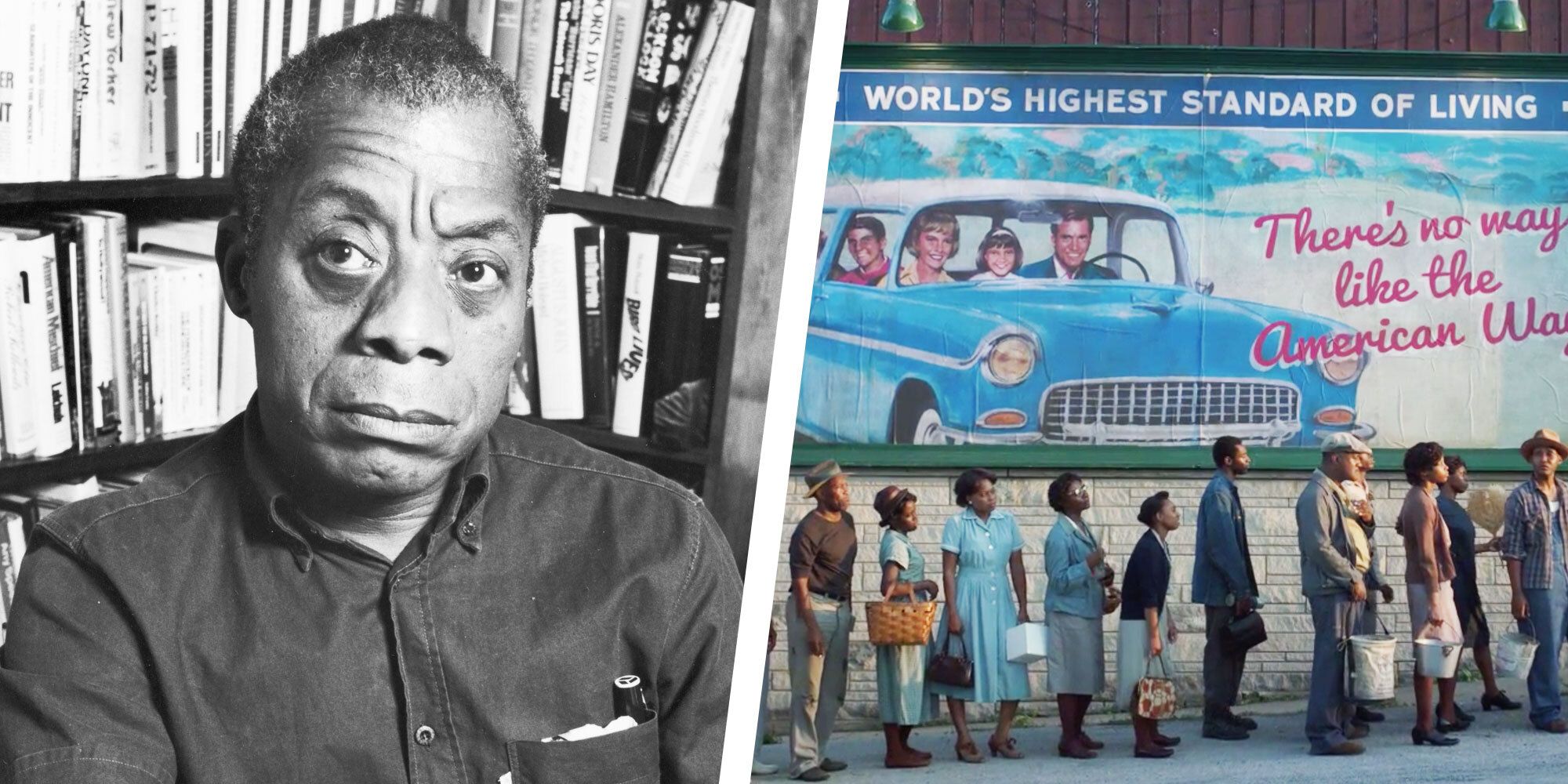

Hence, at some point - in the American ethos that supported slavery - one or both populations may generally believe and endorse religious fabrications, such as the African-American blackness being the mark of Ham, or uphold distorted cultural values, such as lighter skin tones are "better" than darker skin tones. It is a kind of major premise, almost a cultural reflex, something we believe or say or do without really knowing why. It is the circumstance in which one has been taught and conditioned to believe and think a certain "something" without really examining or questioning it, without submitting that something to the scrutiny of logic or any other examination to determine its validity or truth. These "delusions" of superiority are, in subsequent generations, generally accepted as moral or ethical truths.

When issues of great magnitude for or against one population to the advantage or detriment of another population - especially when the outcome is to subordinate one group to another - are given a rationale in defense of their existence, that rationale, usually steeped in arrogance and insensitivity on the part of its proponents, establishes and propagates irrational delusions of righteousness and natural superiority coupled with false standards of value and ethics in both the superordinate and subordinate populations.
#AUDIO THE ROCKPILE JAMES BALDWIN FULL#
Here and there, evil individuals may do evil things with the full knowledge that what they are doing is evil however, most of us feel a need to convince ourselves - and, most often, others - that what we do is, at least, not wrong. Our very nature and culture cause us to defend what we do as morally right or definitely not wrong or, at least, morally neutral. The processes and philosophies that enable and defend the subordination of one group of individuals to another, based on propagating and advocating artificial values and ethics for economic or status reasons, tend to infect both the victims and the victimizers. This form of racism works its evil and malice on both the perpetrator and the victim. These consequences of the American slave era and other vestiges of this period that survived the Proclamation and the War constitute the racism that Baldwin depicts in Go Tell It on the Mountain: It is second and third generation, slave-psyche racism, a racism based on the notion that one group of people is socially, genetically, and intentionally superior to another. The great migration north originally held promise of better times and circumstances for each character, but ultimately resulted in only a different, often more oppressive, level and manifestation of the racism they were attempting to escape. We learn, for example, in Part Two, that Gabriel's and Florence's mother was a slave, freed only by the Emancipation Proclamation and the Civil War.Īs a result of this proximity to slavery, the characters of the novel suffer a special set of physical, psychological, and social circumstances: Gabriel and Florence, for example, have siblings they will never know because, as property, their siblings were taken from their mother for various reasons (but all having to do with their slave - therefore, race - status and circumstances).

Thus, the novel's characters are only slightly removed (a generation or two) from their slave ancestors. Grant (April 1865), ending the American Civil War, and the ratification of the 13th Amendment abolishing slavery (December 1865). The novel takes place in 1935, only 73 years after the signing of the Emancipation Proclamation (1862) and 70 years after Robert E. In Go Tell It on the Mountain, Baldwin depicts the insidious effects of systemic racism, producing for us a glimpse of the inhumanity that is the second and third generation result of the era of American slavery that took place virtually from the period of colonization through the American Civil War.


 0 kommentar(er)
0 kommentar(er)
